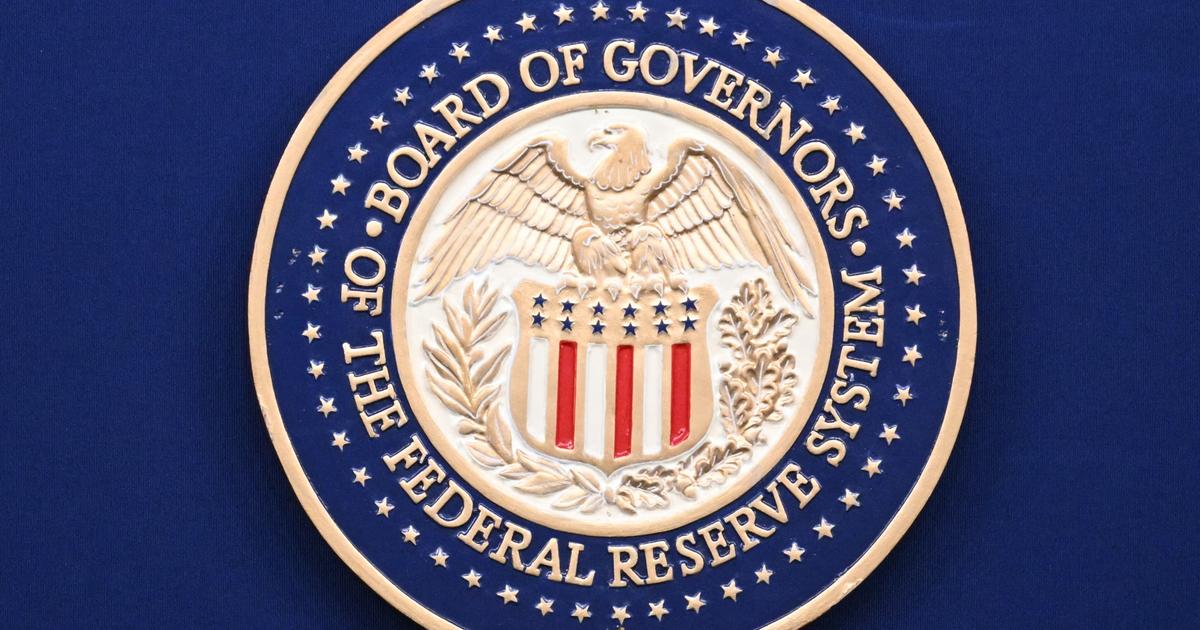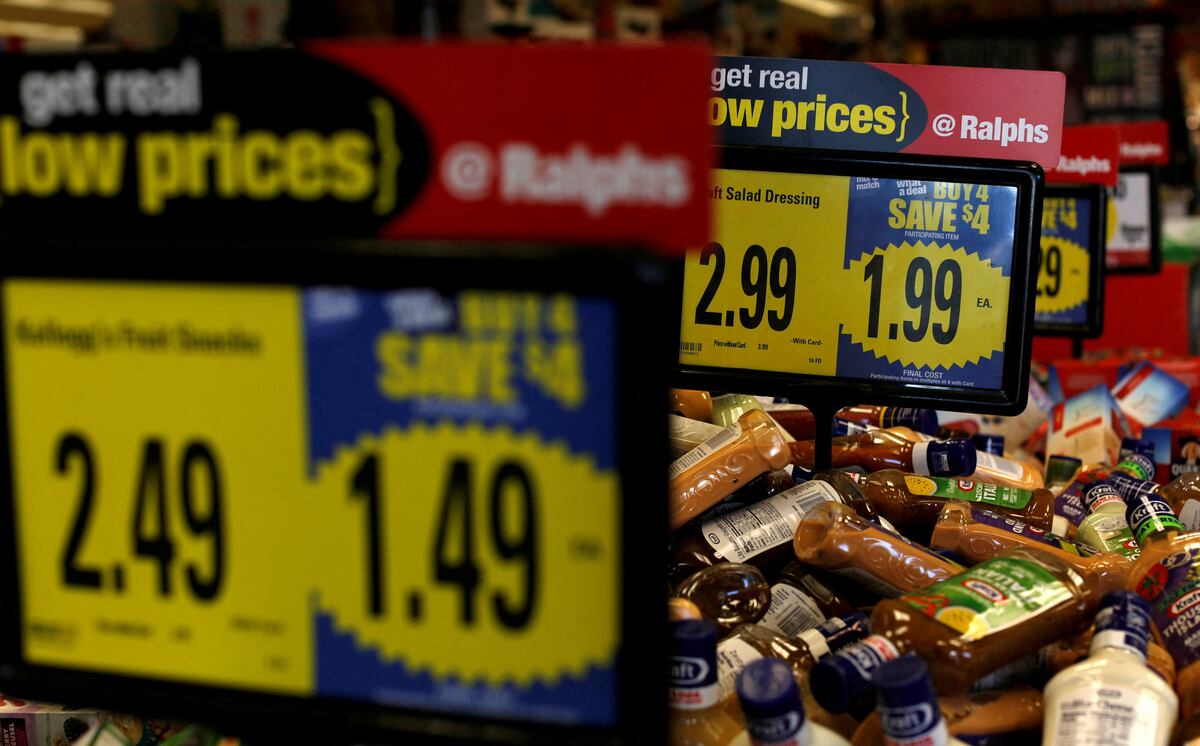It is not the first time he has said it and he has not said it very forcefully, but the chairman of the Federal Reserve, Jerome Powell, has insisted that the banking crisis may make fewer rate hikes necessary. In a conference in which he participated with his predecessor Ben Bernanke, Powell has provided little news about the messages he has been transferring in his latest public interventions and has avoided referring to a possible debt crisis. While Powell intervened, Republicans and Democrats broke off negotiations to raise the debt ceiling. Debt rates and ceiling are the two factors that move financial markets at the moment.
The contrast between Bernanke and Powell was stark. The Nobel laureate was relaxed, improvised his answers to the moderator's questions and joked. Powell, however, was serious and somewhat tense, had a paper in front with the answers prepared for the previously agreed questions and has not gone off script at an event held in memory of Federal Reserve economist Thomas Laubach, who died in 2020 at age 55.
One of the questions they have raised with Powell was about the principle of separation, that is, about the different tools to combat inflation and to achieve financial stability, which Powell has relativized. "We have separate tools, monetary policy to achieve our economic objectives, and liquidity, supervision and regulation to address financial stability issues," he said. "They may have separate goals, but their effects are often not fully independent. So the tools are complementary almost all the time, because financial and macroeconomic stability are deeply intertwined."
"As they are so intertwined, there is unlikely to be an absolute and complete separation of tools, nor is it possible or desirable," he continued, referring specifically to the current situation: "While financial stability instruments have helped calm conditions in the banking sector, developments in that sector, on the other hand, are contributing to tightening credit conditions and are likely to weigh on economic growth, hiring and inflation. As a result, our policy rate may not have to rise as much to achieve our targets. Of course, the scope of this is very uncertain, "he said, always with a few pages in front so as not to deviate from the message he wanted to convey.
Powell had already made it clear at the press conference after the meeting of the monetary policy committee on March 22 that the tightening of financial conditions caused by the exchange rate storm could then be interpreted as "the equivalent of a rate hike [of 0.25 points] or perhaps more than that". although clarifying that this evaluation could not be made with any precision. Before the crisis of Silicon Valley Bank and the Signature Bank, the Federal Reserve was expected to raise rates at that meeting 0.50 points and the increase remained in half.
Now, the president of the central bank insists on that message, but emphasizing uncertainty and without making it very clear where monetary policy will go. Yes, he has pointed out that the risk of falling short with rate hikes and that of passing are beginning to be more balanced. In previous speeches he had assured that he preferred to take the risk of going over and causing a recession than to fall short and that inflation would become entrenched.
"We have come a long way in tightening monetary policy and the policy stance is restrictive, and we face uncertainty about the delayed effects of our tightening so far and about the extent of credit tightening stemming from recent banking tensions," said Powell, who has approved the most aggressive rate hikes since the 1980s. with an accumulated rise of five percentage points in just over a year.
"Having come this far, we can afford to look at the data and the evolving outlook to make careful assessments," he added, always reading the notes he had prepared. The next meeting of the Federal Reserve is held on June 13 and 14 and may be the first in which the official price of money does not become more expensive after 10 consecutive increases.
Powell, in any case, has said that decisions will be made meeting by meeting and that the only advance guidance he can provide is on what data he will pay attention to. The most prominent are those of prices, wages and labor market.
Halt in debt negotiations
Powell's soft-landing attempt has been complicated by the financial storm and now with uncertainty about whether Congress will approve in time an increase in the debt ceiling that would allow the U.S. government to continue meeting its obligations. A default on outstanding debt would have economically catastrophic consequences.
The negotiations seemed to be advancing, but this Friday the representatives of both sides have left the meeting slamming the door and accusing the other side of not yielding. The most extreme faction of the Republican Party invite to break off negotiations with the government of Joe Biden even if that entails default unless it makes massive spending cuts and accepts its conditions.
"We have decided to push the pause button," said Garret Graves, one of the Republican representatives, claiming that the negotiations were not being productive.
Garret Graves, Republican congressman, after the pause in debt negotiations.J. Scott Applewhite (AP)
Treasury Secretary Janet Yellen warned two weeks ago that date X by which the U.S. could run out of money to meet its obligations may come as early as June 1, though leaving open the possibility of a longer deadline. The debt ceiling, 31.38 trillion dollars, was reached in January and since then the government is working with extraordinary measures that have left a temporary respite.
The White House Council of Economic Advisers released a report according to which the threat of blockade is already having an effect; An episode of default, however short, would leave a costly bill and a prolonged default would cause the gross domestic product to fall by 1.5% in the third quarter (at an annualized quarterly rate of 6.1%) and raise the unemployment rate five points, destroying 8.3 million jobs.
Follow all the information of Economy and Business on Facebook and Twitter, or in our weekly newsletter

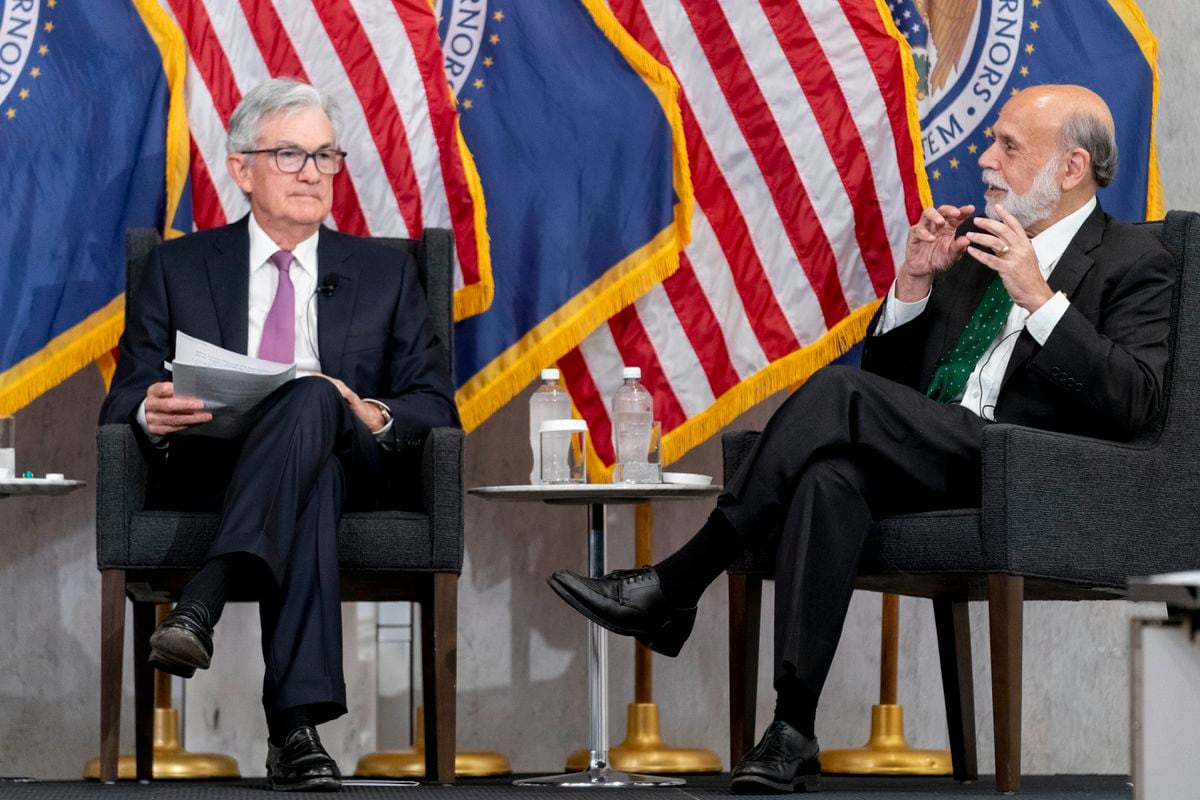
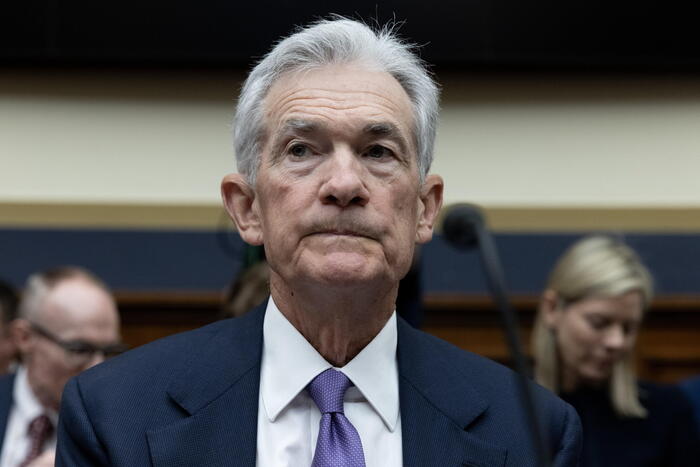
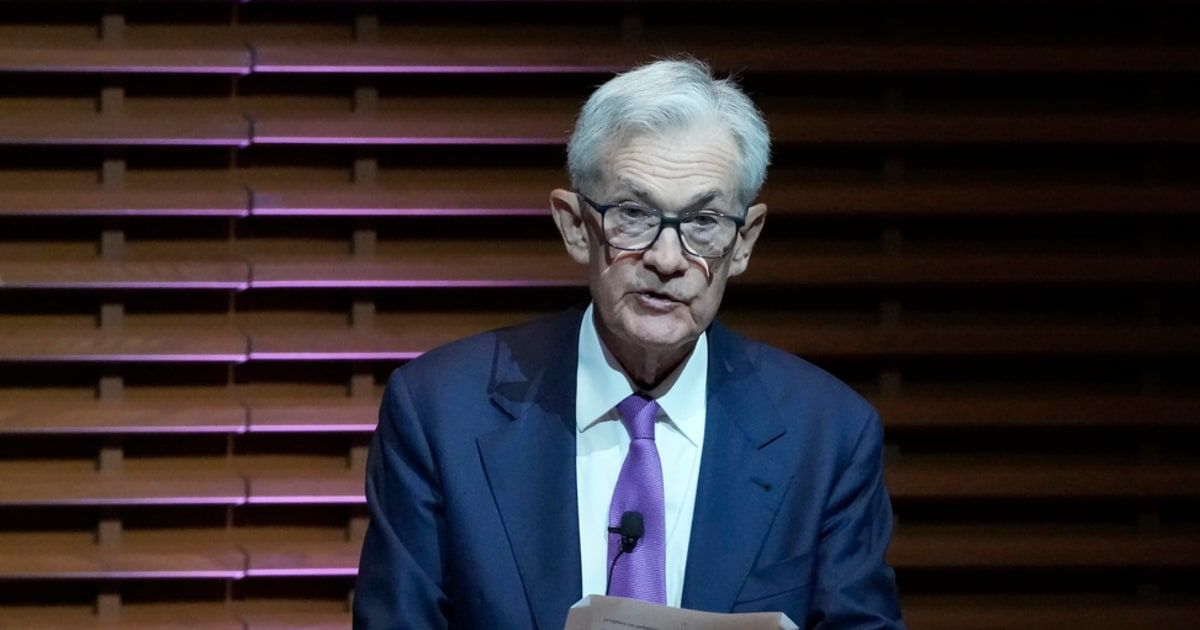
/cloudfront-eu-central-1.images.arcpublishing.com/prisa/K63BQCT5FHKKXUWRSFYE4KBNFI.jpg)

/cloudfront-eu-central-1.images.arcpublishing.com/prisa/O3URHWIQOUAJHPGYUFW2ZWAF2I.jpg)
